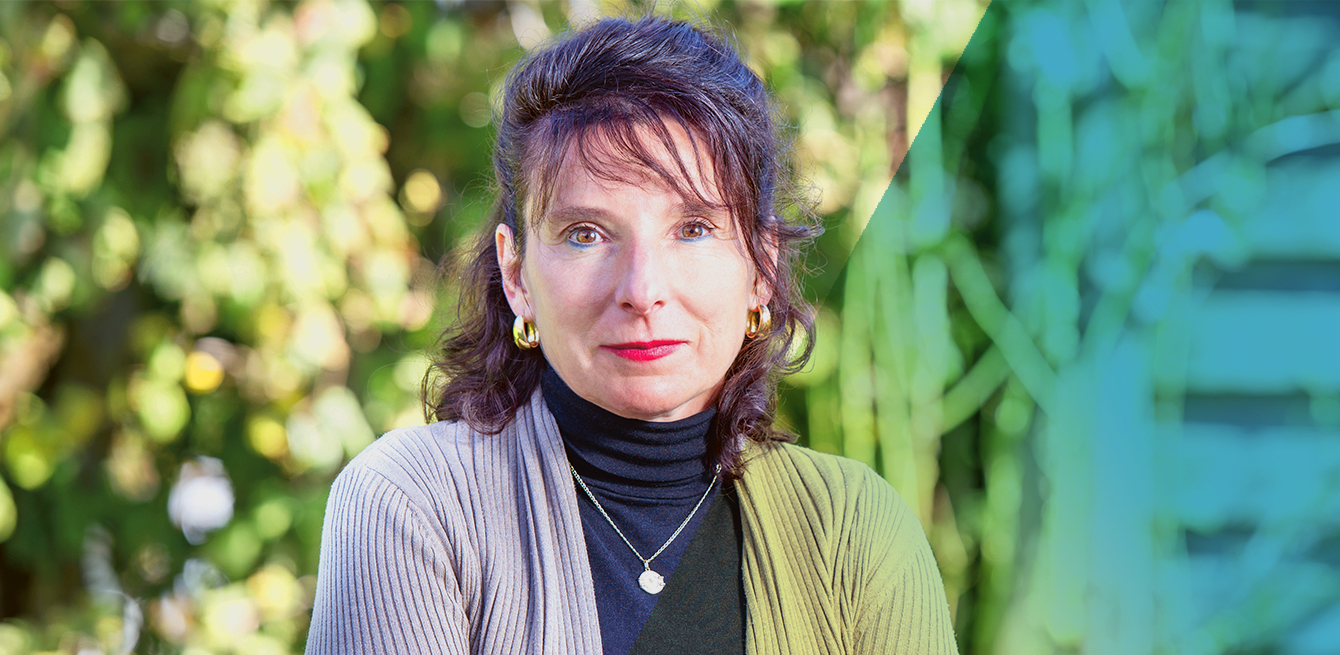
Dominique Loosli is a sepsis survivor. She became ill seven years ago and now helps patients recover from the disease.
“In July 2010, I was visiting Grisons for the weekend with my husband. That Saturday night, we went out for dinner at a very nice restaurant. I woke up at 5 a.m. with fever and severe vomiting. The local doctor gave me medicine to relieve my symptoms so I could travel home. By Monday, the fever had still not gone down. My husband insisted on going to A&E, even though he had never been in his life! They took a blood sample and told me my diagnosis: sepsis. They put me into an artificial coma for five weeks. I had a 20% chance of survival.
I woke up in intensive care and was completely paralysed. I didn’t recognise my children because the anaesthesia had affected my memory. It was a really difficult time. I had to use an electric wheelchair for a month. I had a bad reaction to the antibiotics they were giving me and developed neutropenia (editor’s note: a blood disorder). I still could have died. My body finally started to recover then. I was able to move my toe and eat a bit. I had to relearn how to do every movement. Still today, I haven’t quite recovered fine motor function in my right hand. The hardest thing is tying my shoes!
In all, it took three months to recover major function, five months to get out of the hospital and two years to feel well.
I started working again in January 2011. The company where I worked had been completely reorganised.
I didn’t know hardly anyone and they didn’t treat me very well. Plus, that kind of experience changes your values. The complaints of other people seem trivial. The administrative red tape was really tough. I had to constantly justify myself to my health insurance, employer and disability insurance. Sepsis is still not well known. For the past five years, I’ve been working at the Paraplegia Centre as a hospital pharmacist. I also help patients who are recovering from sepsis. In addition to this, I work with a centre in Germany dedicated to helping sepsis survivors. This same organisation supported me when I was sick.
No one knows why some people survive and others don’t. Septic shock, the final stage of the disease, drastically increases your heart rate. My heart rate was at 260 beats per minute. I was also lucky that I was diagnosed so quickly. With this disease, every minute counts.”